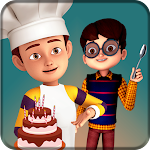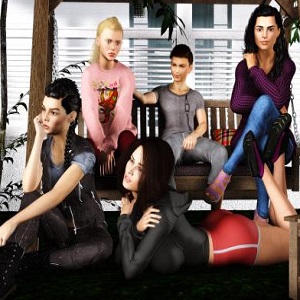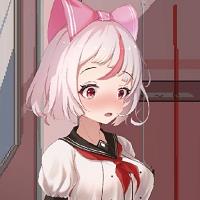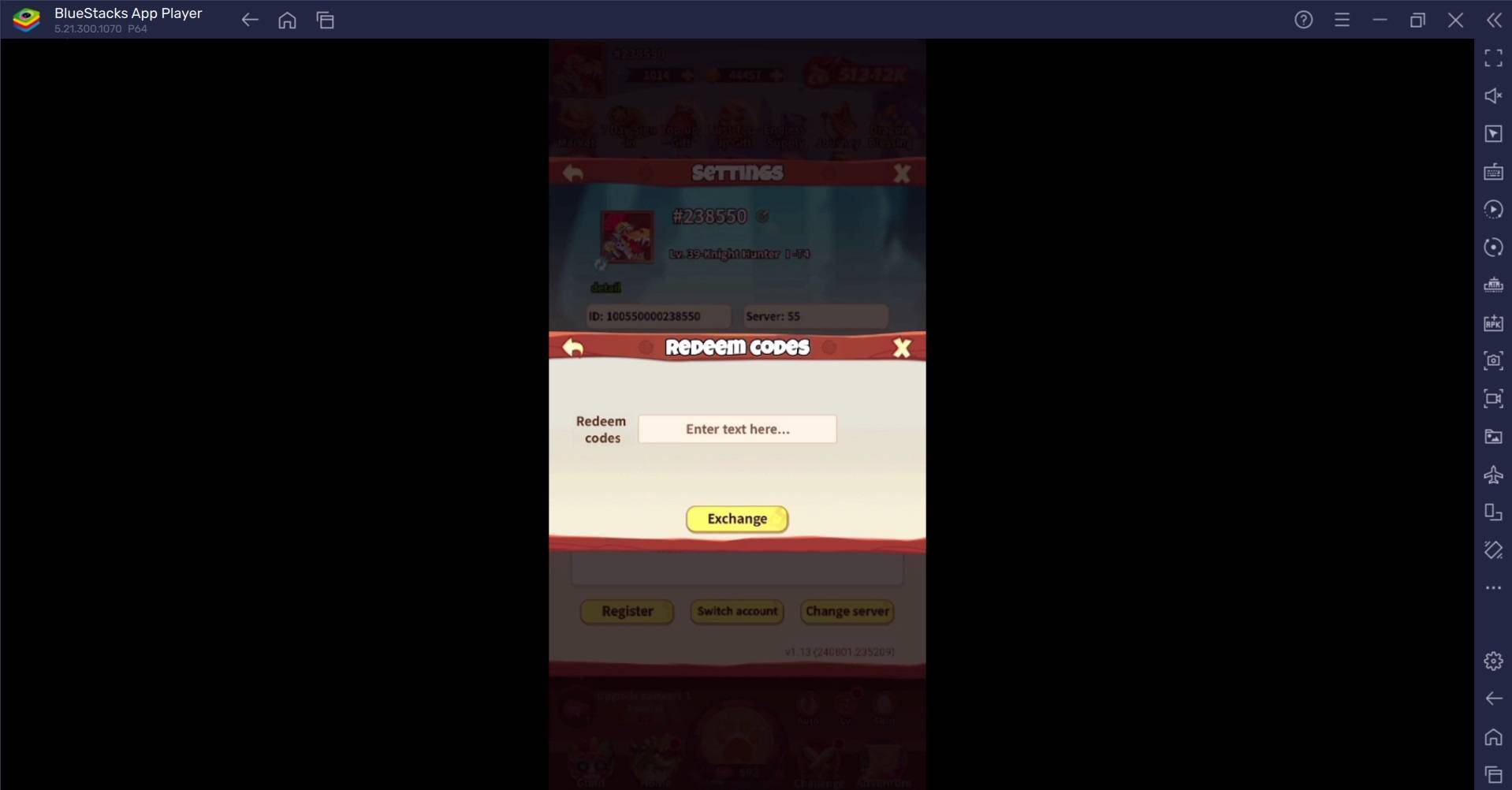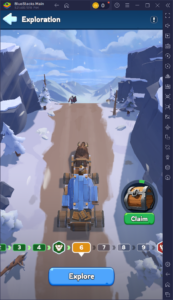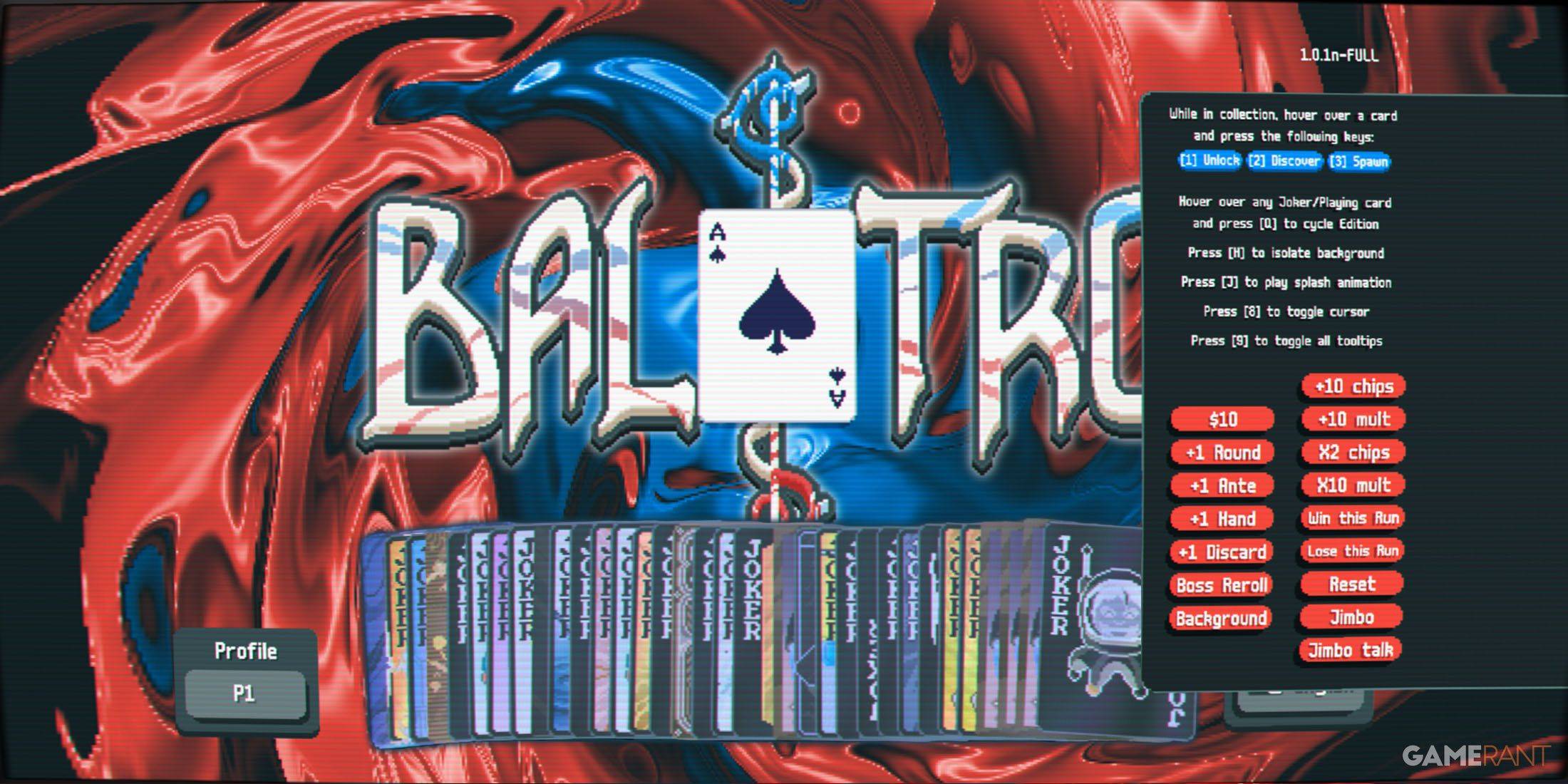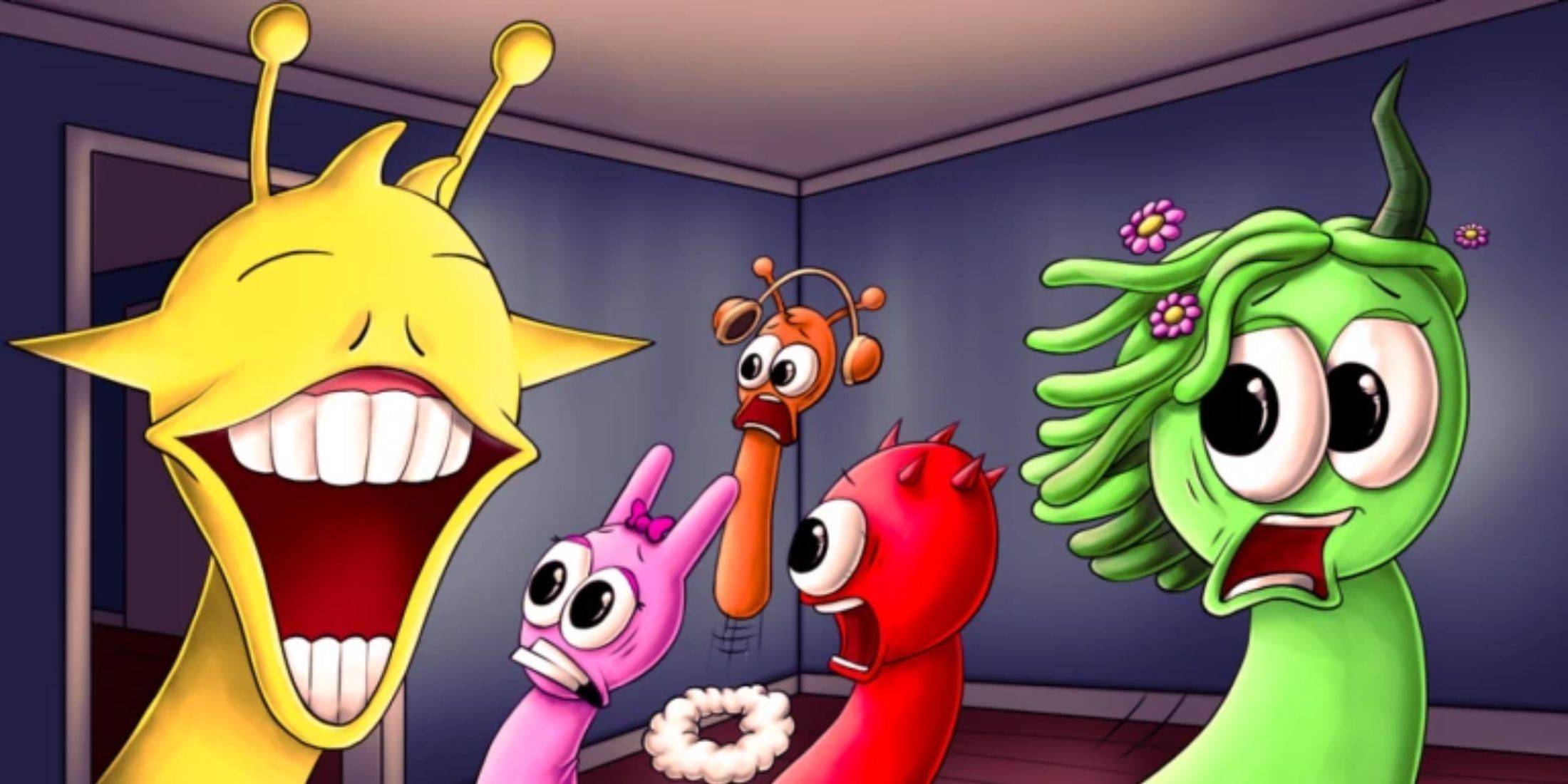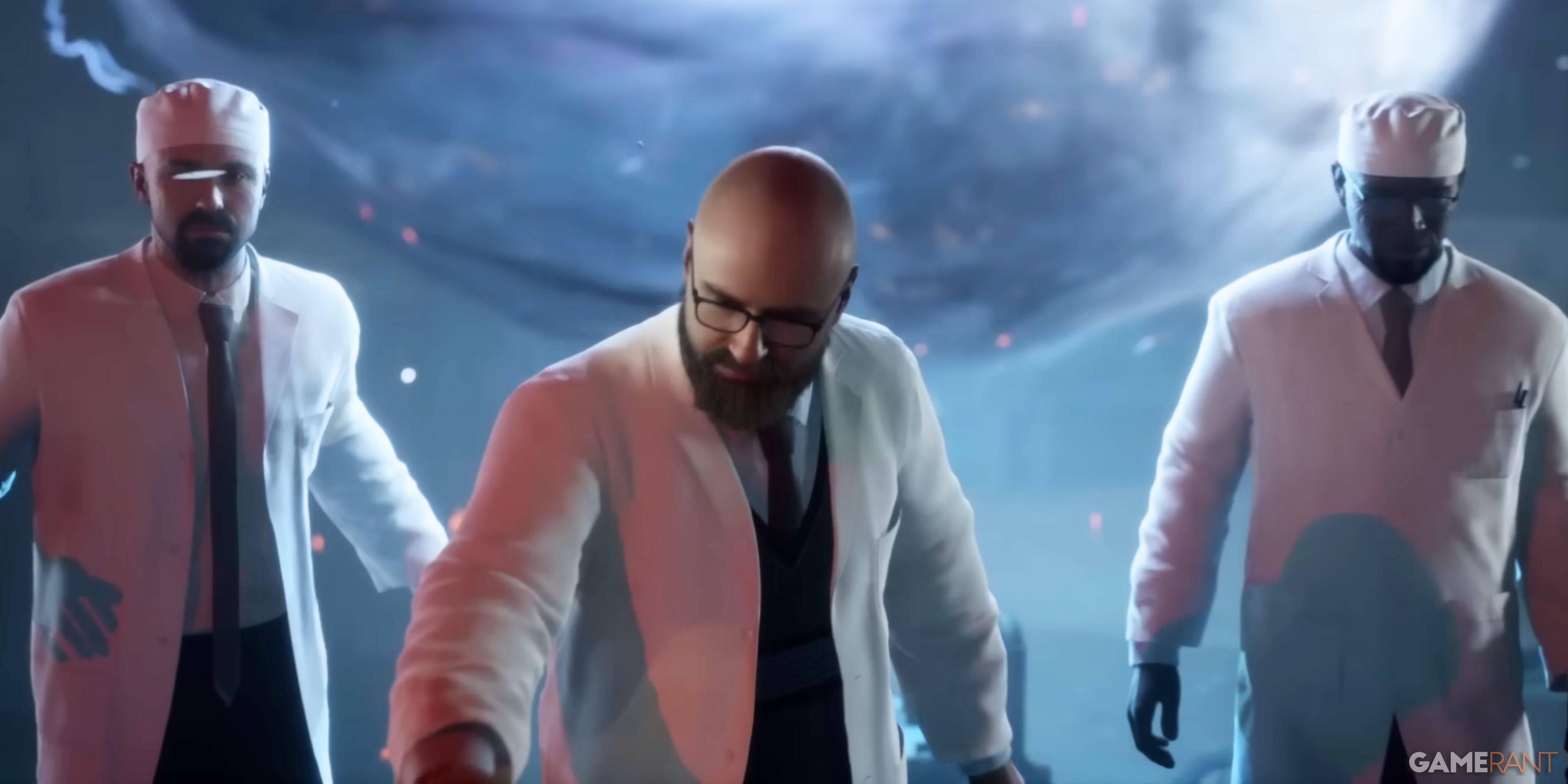Will Wright's early *Sims* games, brimming with charming details and immersive mechanics, offered a level of depth and quirky charm rarely seen in later iterations. From intricate memory systems to uniquely interactive NPCs, these now-forgotten features helped forge the series' magical identity. This article explores those lost gems from the first two games – features fans still fondly remember and yearn to see return.
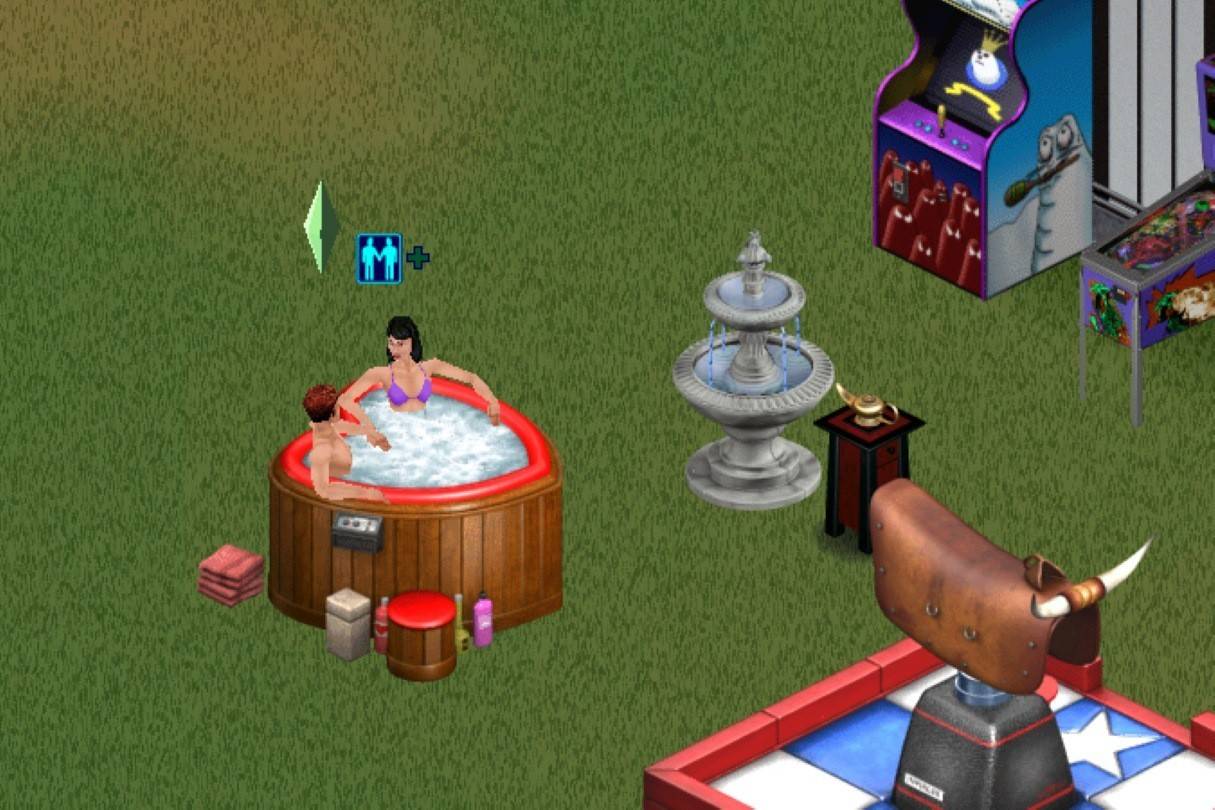 Image: ensigame.com
Image: ensigame.com
Table of Contents
The Sims 1
Authentic Plant Care
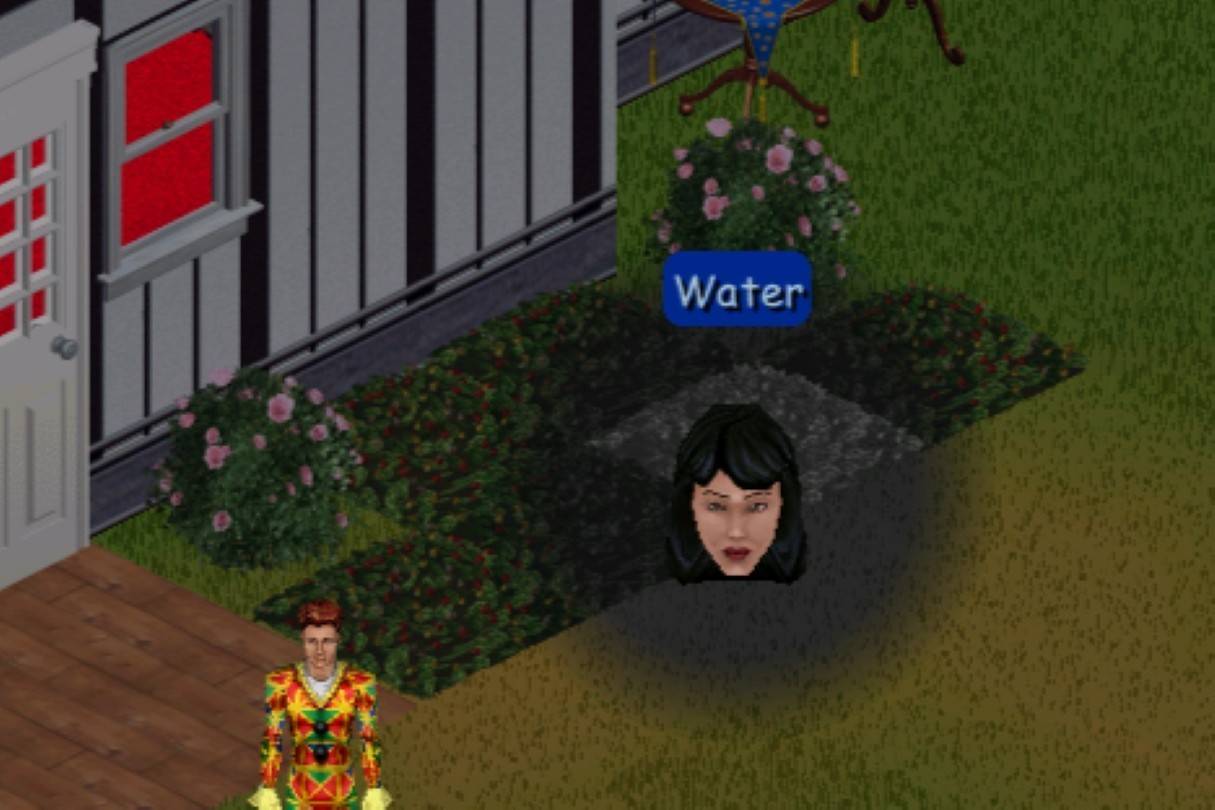 Image: ensigame.com
Image: ensigame.com
In The Sims 1, indoor plants demanded attention. Neglecting them led to wilting, impacting not just the home's aesthetic but also subtly lowering the Sim's "Room" need, gently encouraging players to maintain their virtual homes.
Can’t Pay, Can’t Eat!
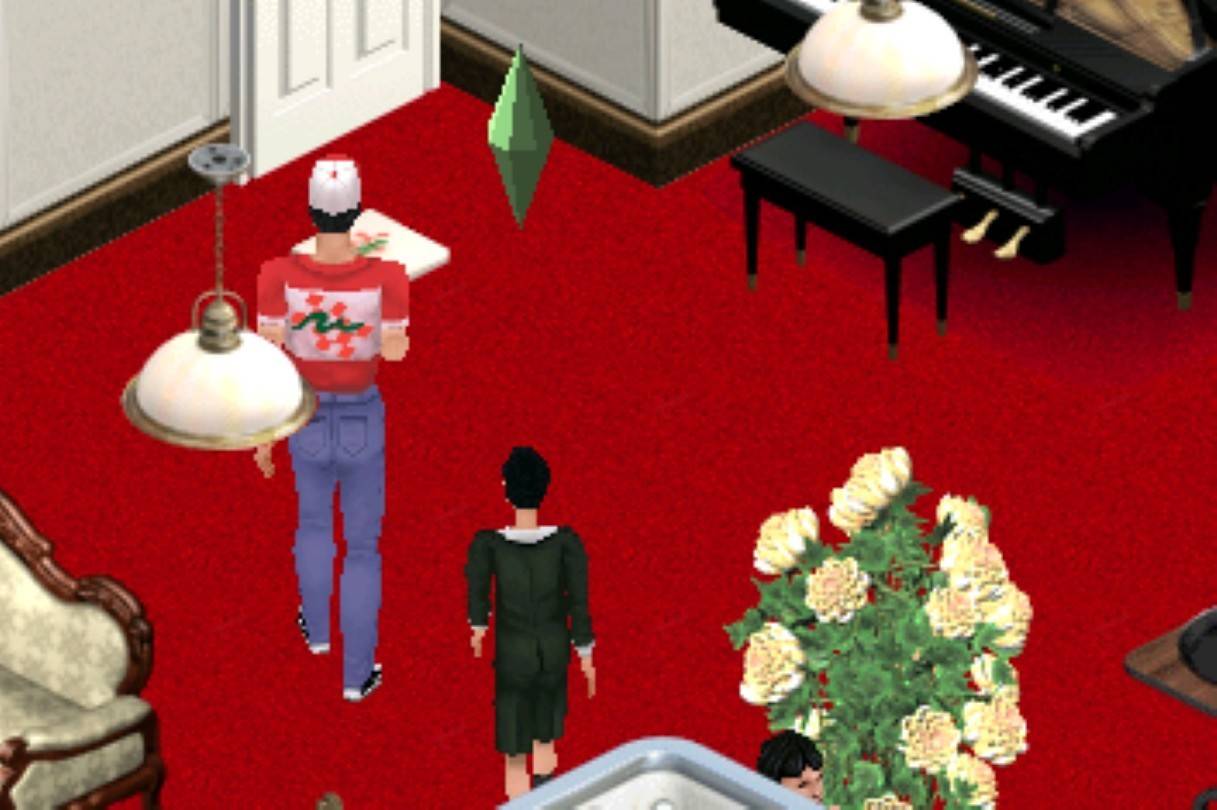 Image: ensigame.com
Image: ensigame.com
Freddy, the pizza guy, wasn't shy about his displeasure if a Sim couldn't pay. He wouldn't just leave; he'd dramatically reclaim the pizza, adding a touch of realistic frustration to the gameplay.
A Genie’s Unexpected Gift
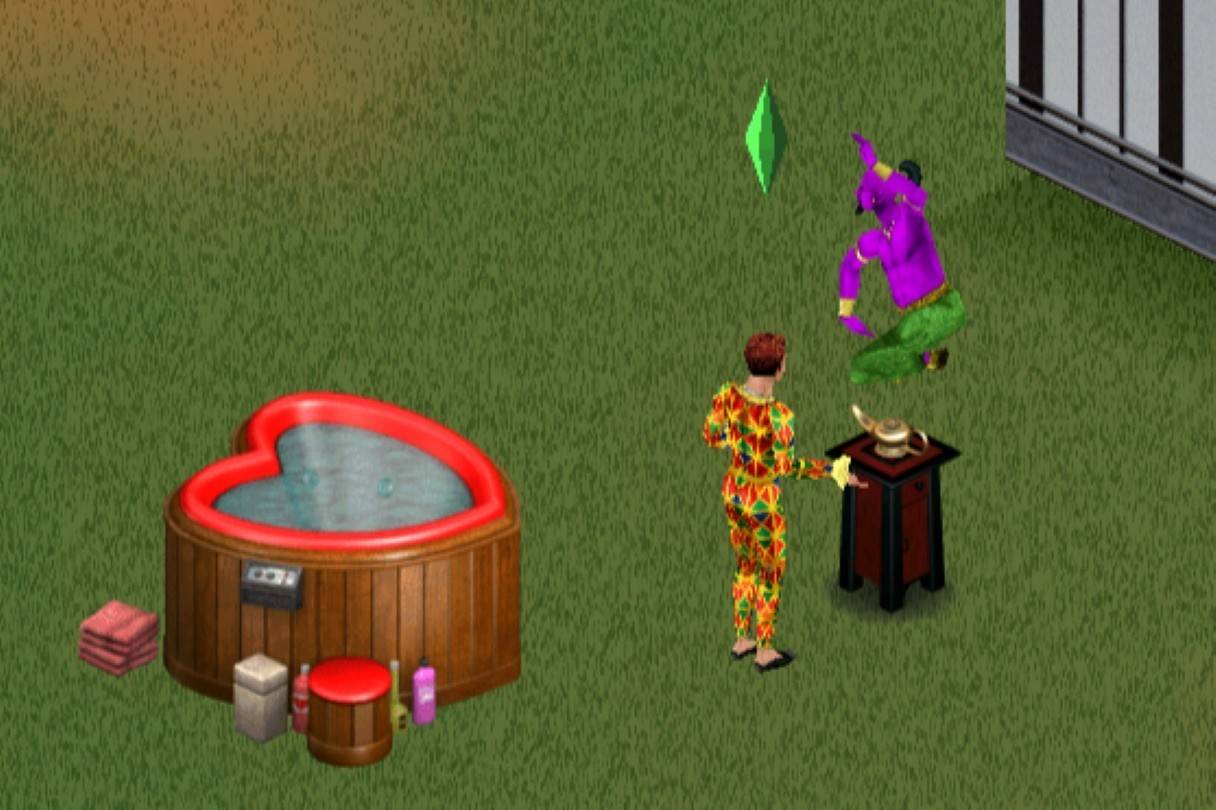 Image: ensigame.com
Image: ensigame.com
The genie lamp, usable once daily, offered a variety of wishes with lasting effects. However, wishing for "water" could unexpectedly yield a luxurious hot tub – a delightful surprise, especially during self-imposed challenges.
The School of Hard Knocks
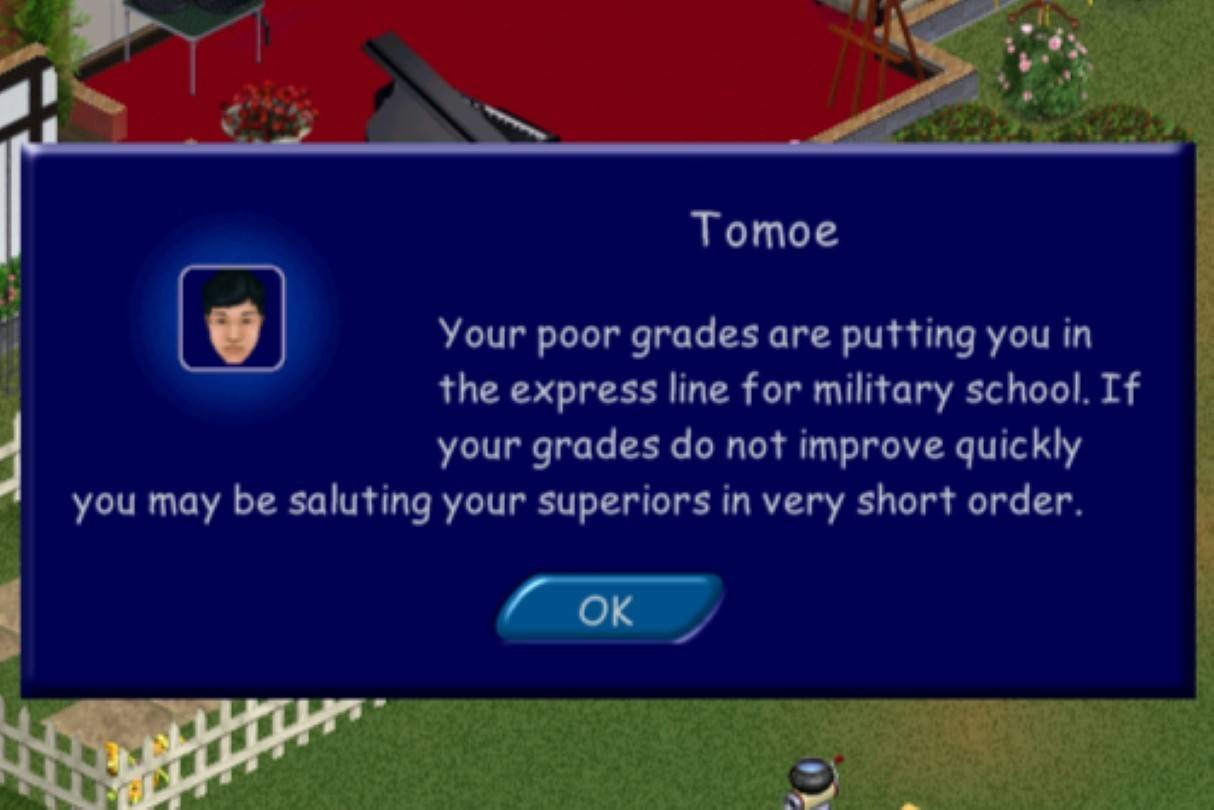
Academic performance held real weight. High achievers received monetary gifts from grandparents, while poor grades resulted in a surprising punishment: military school, removing the Sim from the household permanently.
Realistic WooHoo
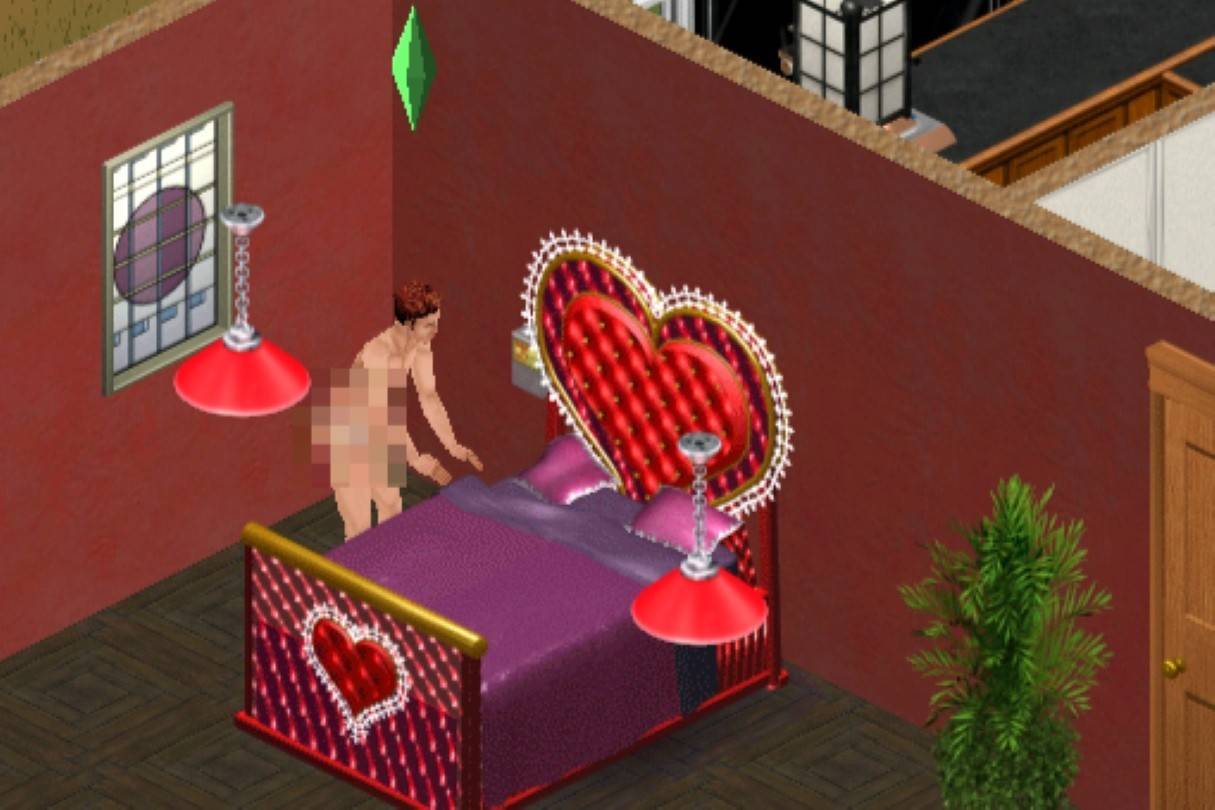 Image: ensigame.com
Image: ensigame.com
The "WooHoo" interaction was surprisingly realistic for its time. Sims undressed beforehand, and post-WooHoo reactions varied widely, from tears to laughter, adding a layer of unpredictable emotional depth.
Fine Dining
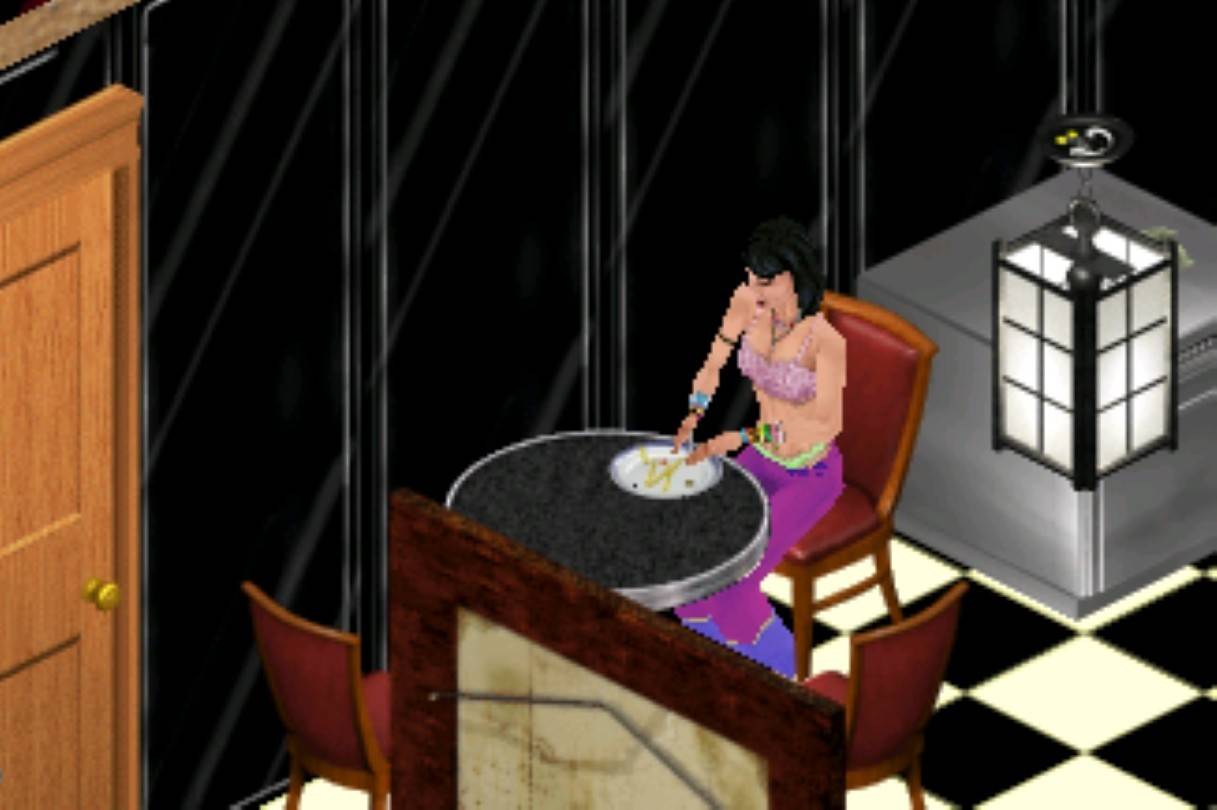 Image: ensigame.com
Image: ensigame.com
Sims elegantly used both knife and fork, a sophisticated touch absent from later games' simplified eating animations.
Thrills and Spills
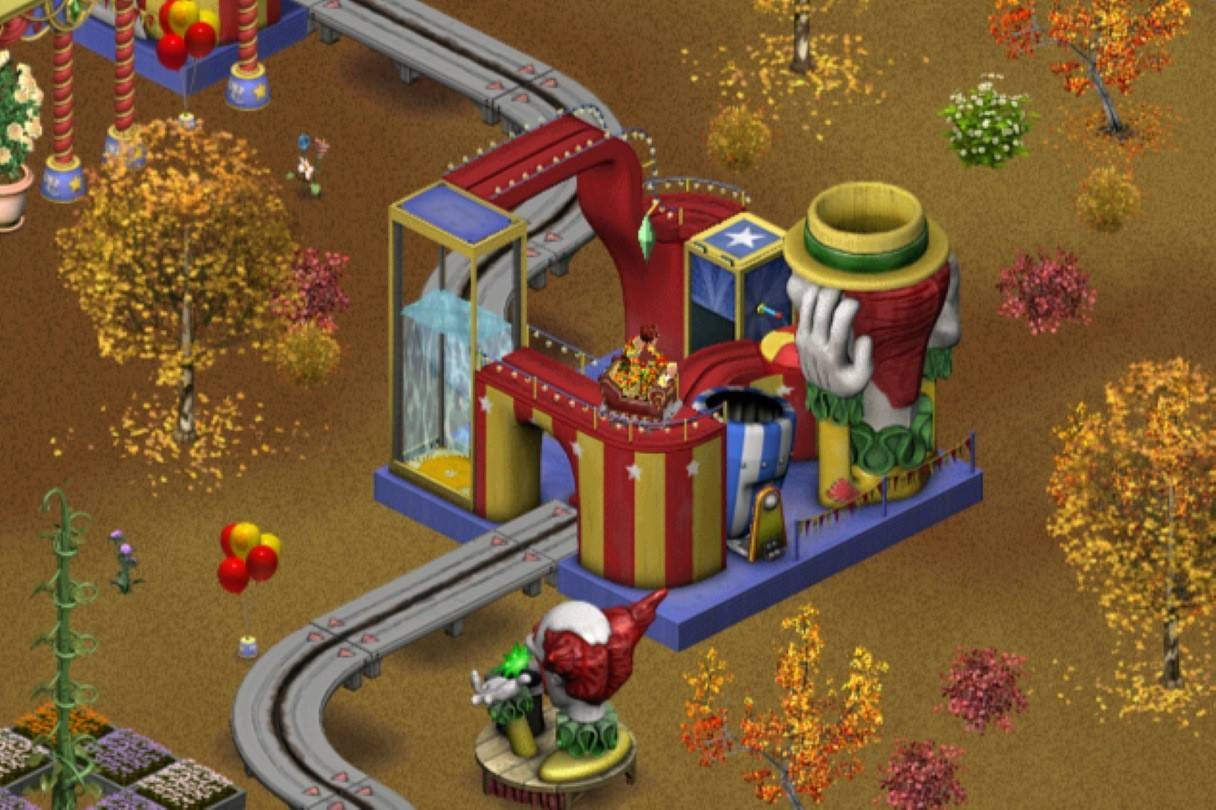 Image: ensigame.com
Image: ensigame.com
Makin’ Magic introduced roller coasters in Clowntastic Land and Vernon's Vault. Players could also build their own, adding thrilling high-speed rides to any lot.
The Price of Fame
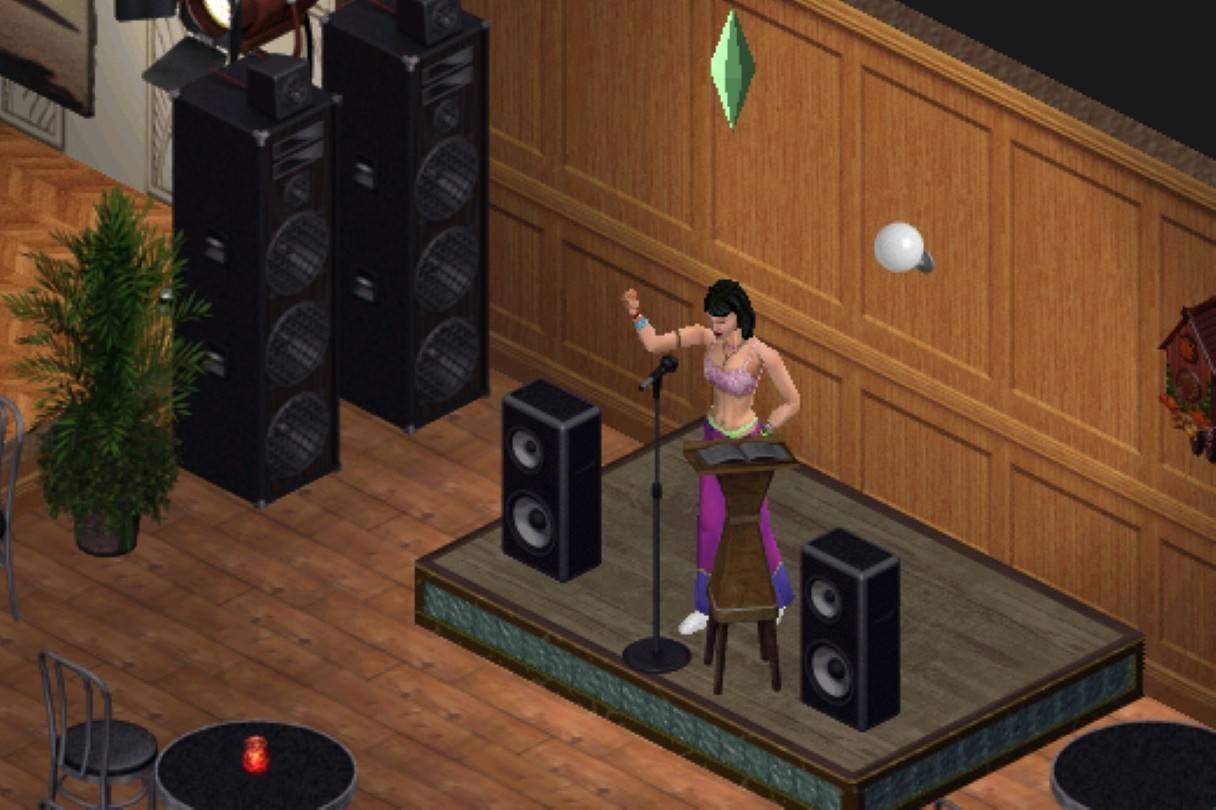 Image: ensigame.com
Image: ensigame.com
Superstar offered a dynamic fame system. Sims joined the SimCity Talent Agency, navigating the ups and downs of acting, modeling, and singing, with fame fluctuating based on performance and even risking being dropped for poor attendance.
Spellcasting in Makin’ Magic
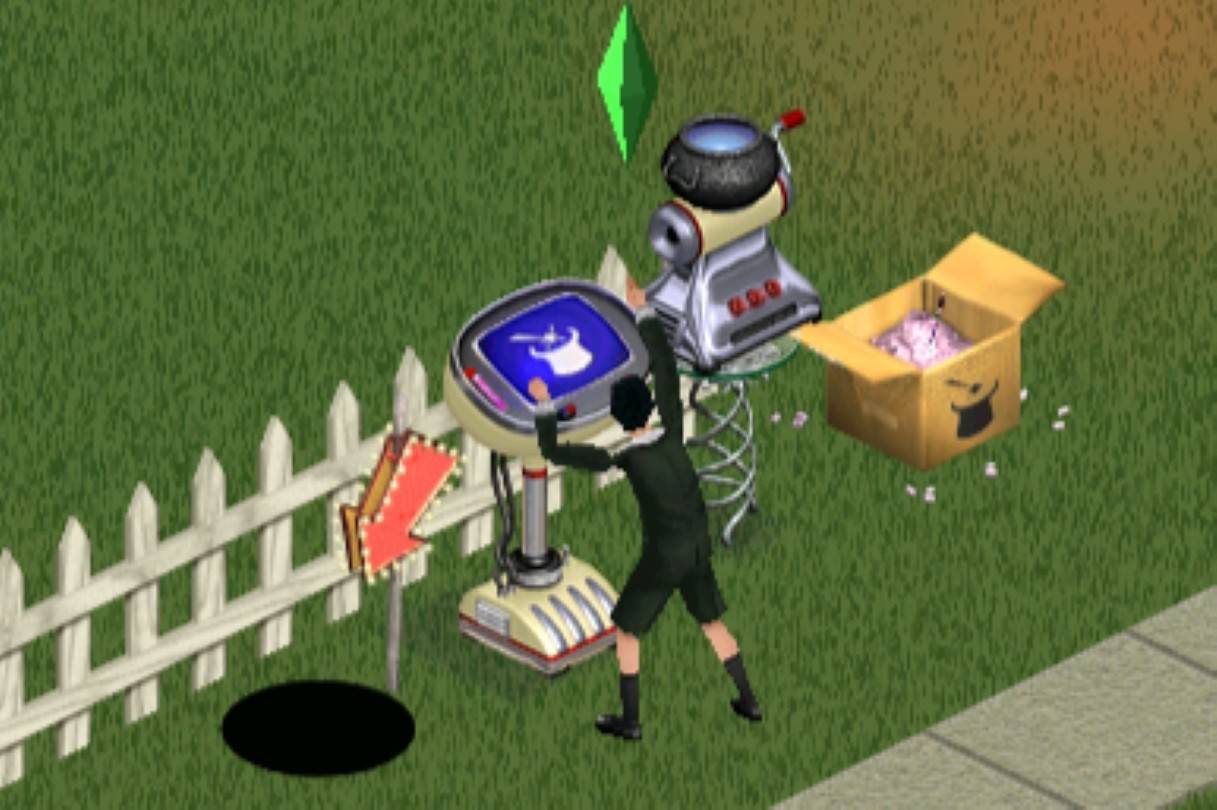 Image: ensigame.com
Image: ensigame.com
Makin’ Magic provided a detailed spellcasting system. Sims crafted spells and charms using ingredients detailed in the Start Here Spellbook, uniquely allowing children to participate in magic.
Singing Under the Stars
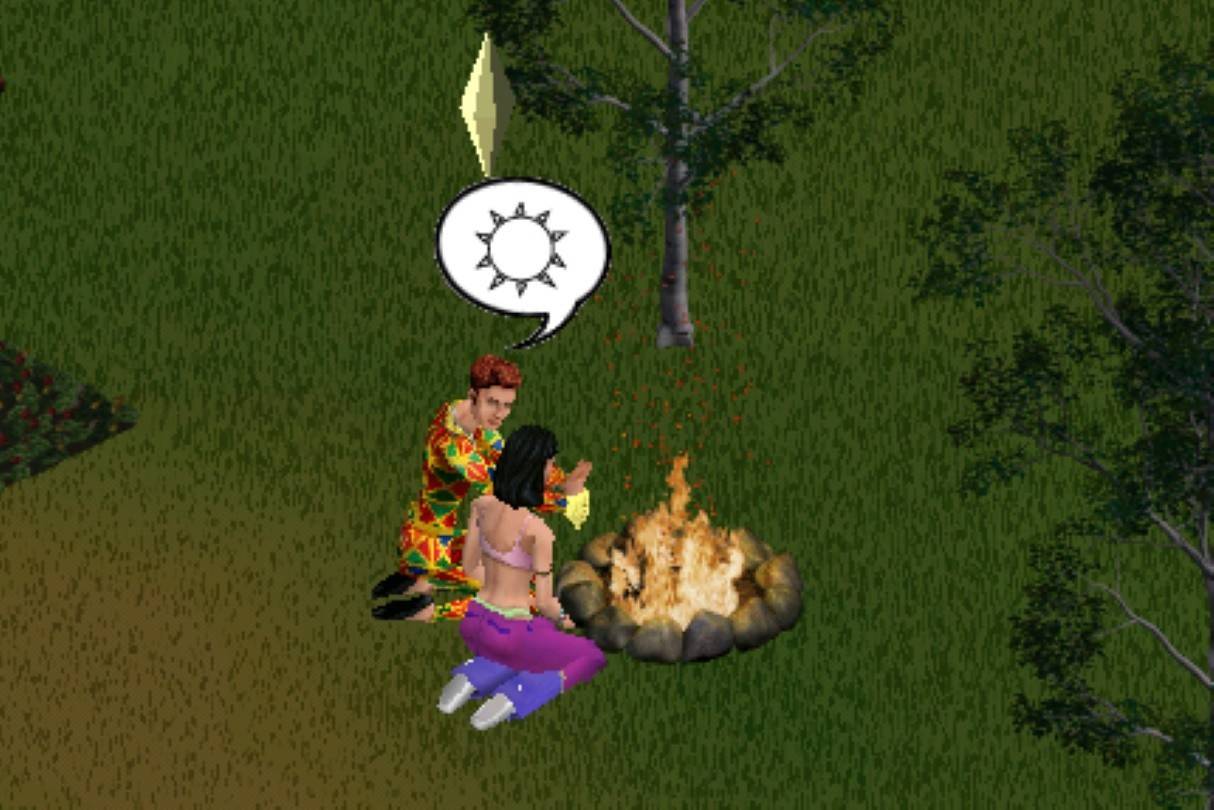 Image: ensigame.com
Image: ensigame.com
Sims could gather around a campfire for charming folk song singalongs, adding a cozy social element to the game.
The Sims 2
Running a Business
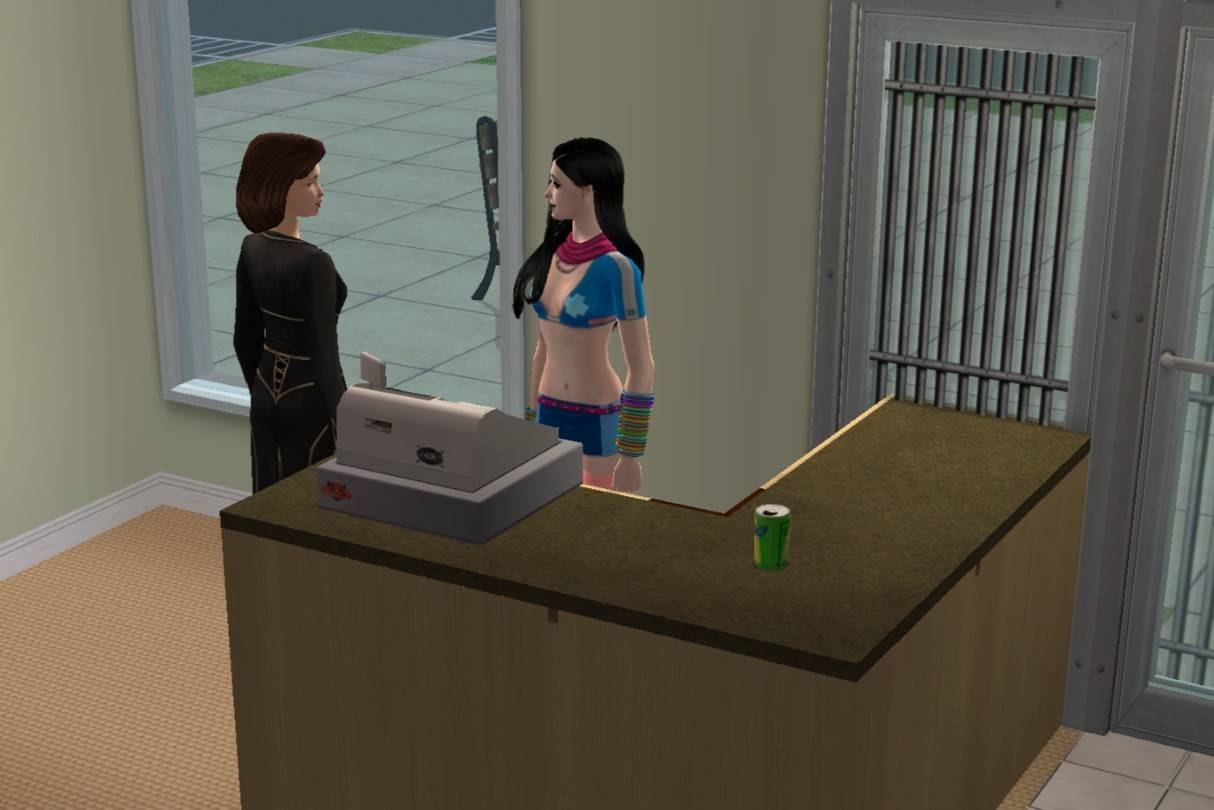 Image: ensigame.com
Image: ensigame.com
The Sims 2 introduced the ability to run businesses from home or dedicated venues, from boutiques to restaurants, hiring employees and managing their motivation to maintain profits.
Higher Education, Higher Rewards
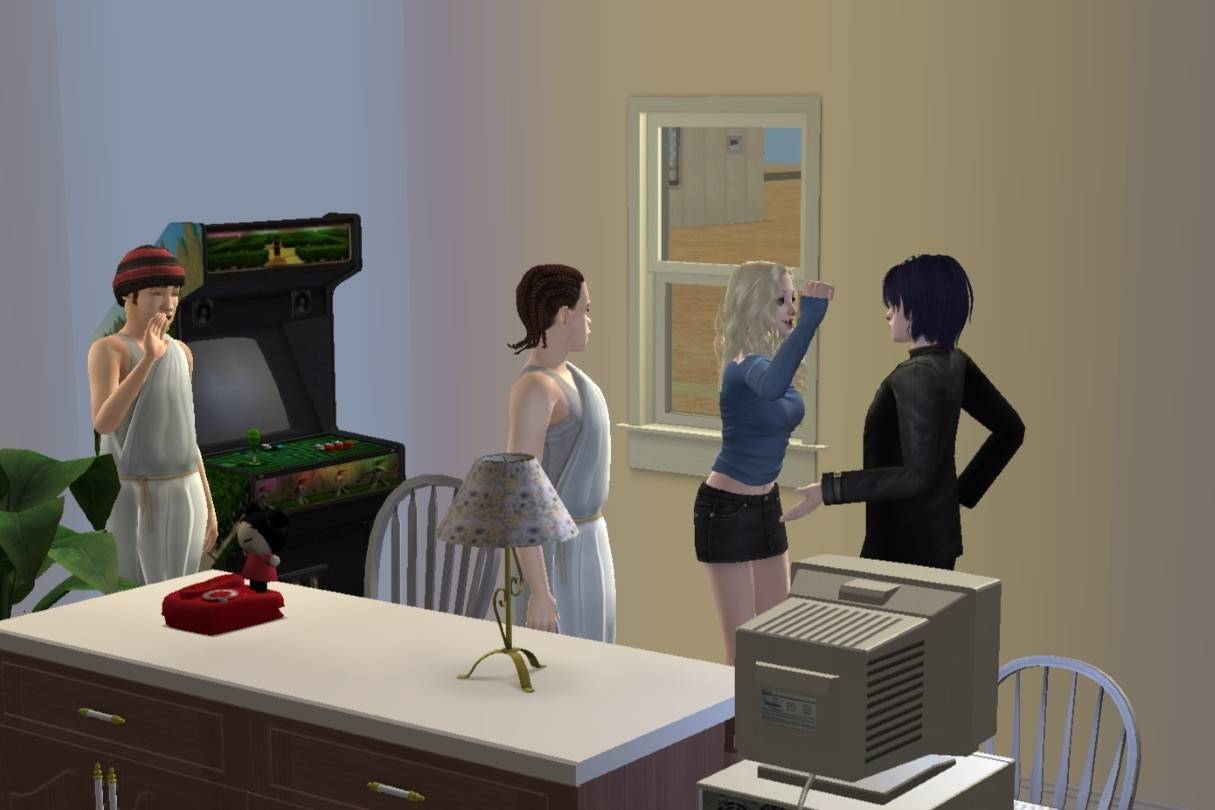 Image: ensigame.com
Image: ensigame.com
University allowed teens to attend college, balancing academics with social life, and ultimately unlocking advanced career opportunities upon graduation.
Nightlife
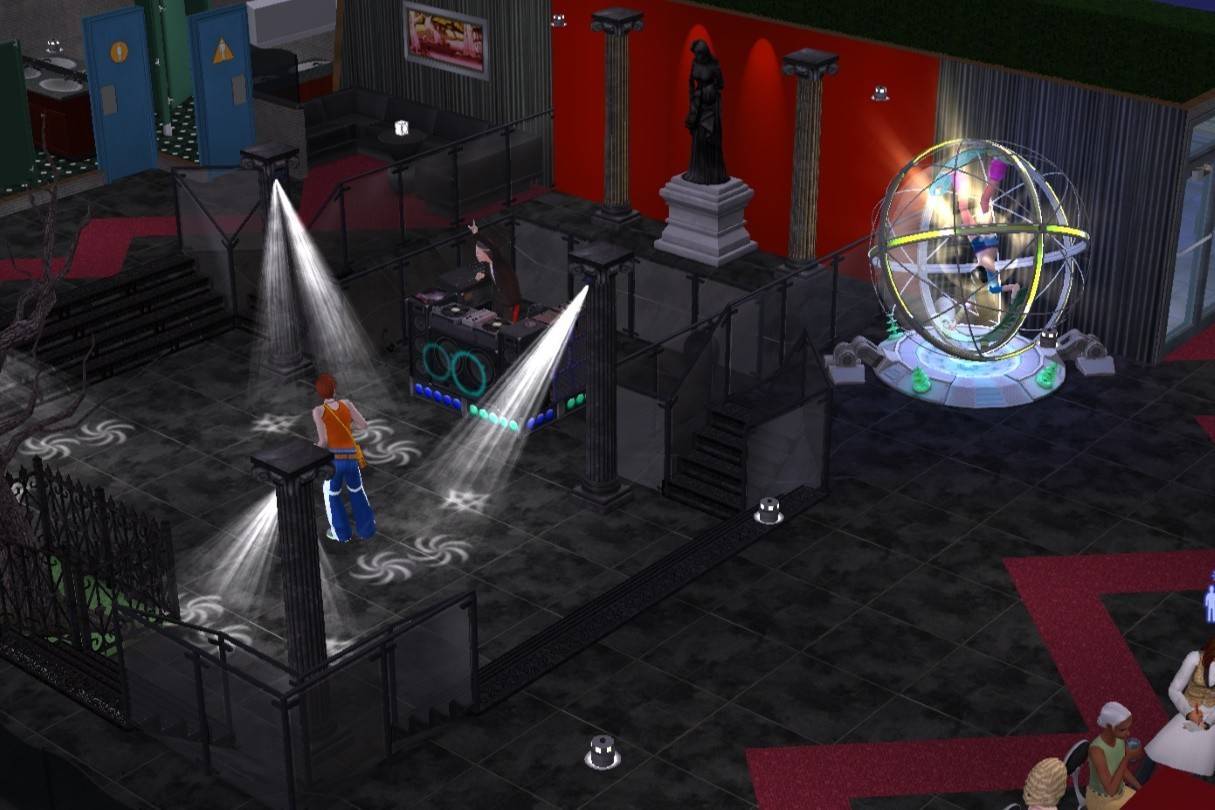 Image: ensigame.com
Image: ensigame.com
This expansion introduced inventories, new social interactions, and memorable characters like Mrs. Crumplebottom and vampires, adding significant depth to social interactions and romantic pursuits.
The Excitement of Apartment Life
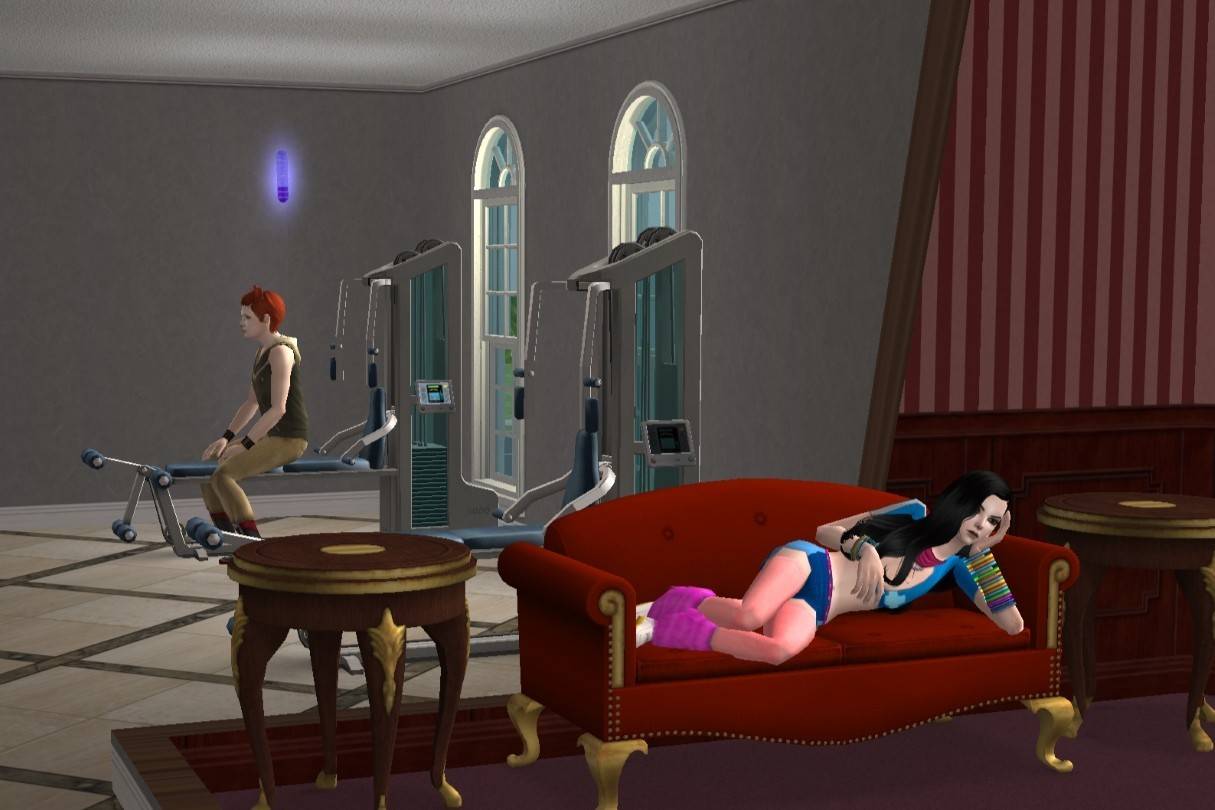 Image: ensigame.com
Image: ensigame.com
Apartment Life brought city living to The Sims 2, with opportunities for socializing, career connections, and close-quarters relationships within apartment buildings.
Memories That Last, Love That Doesn’t
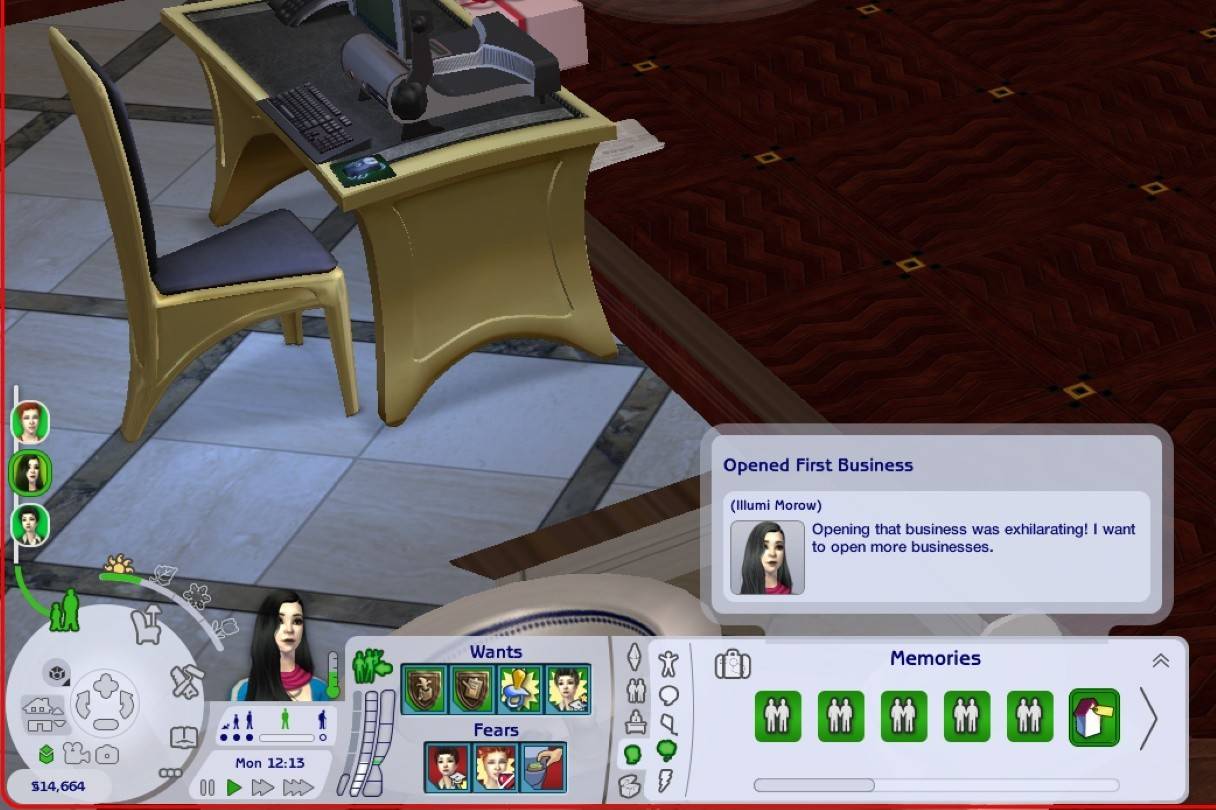 Image: ensigame.com
Image: ensigame.com
A sophisticated memory system tracked significant life events, impacting Sims' personalities and interactions, alongside the realistic inclusion of unrequited love.
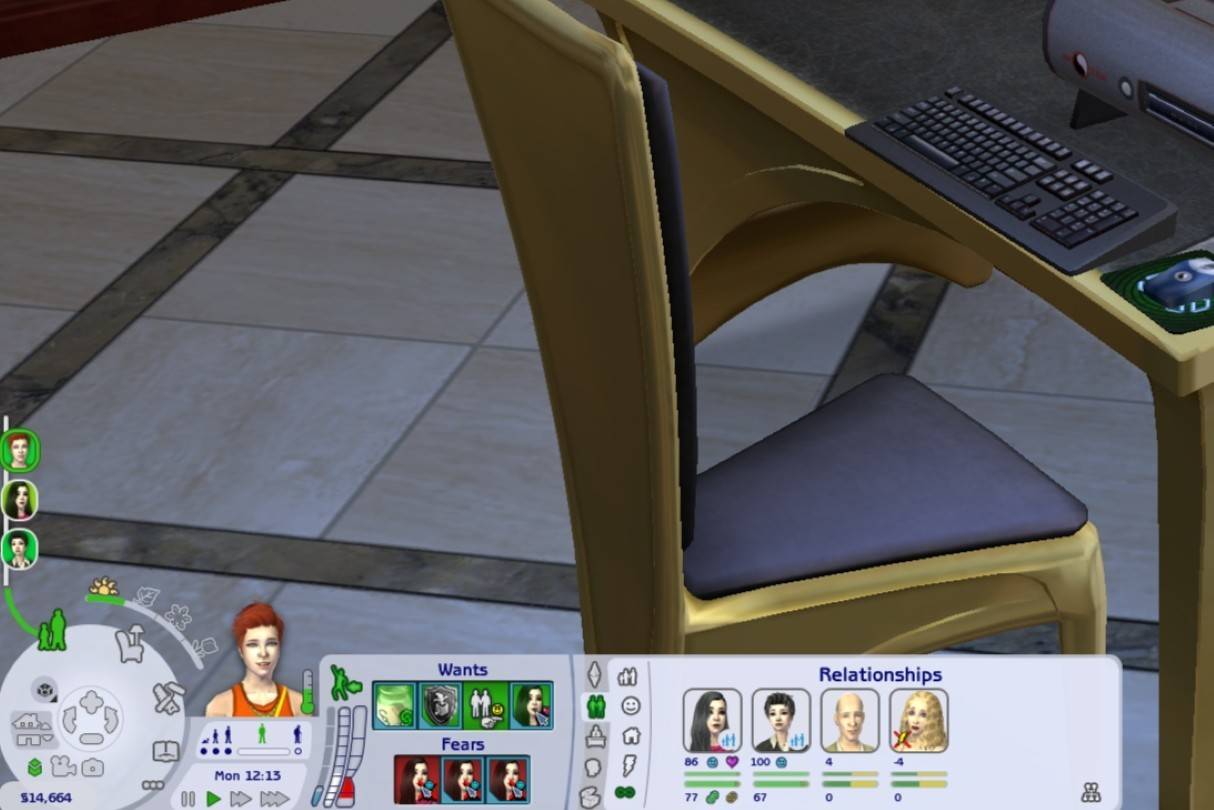 Image: ensigame.com
Image: ensigame.com
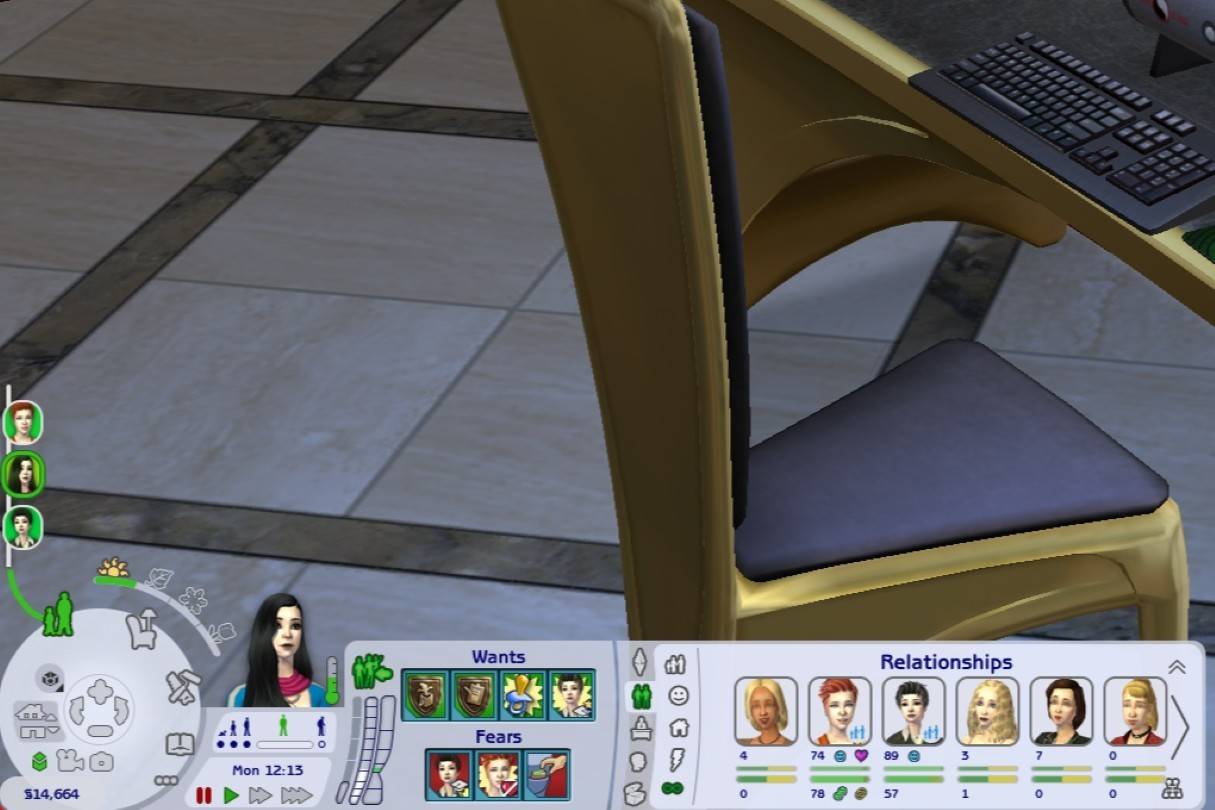 Image: ensigame.com
Image: ensigame.com
Functional Clocks
 Image: ensigame.com
Image: ensigame.com
In-game clocks accurately displayed the time, a practical addition to gameplay.
Shop ‘Til You Drop
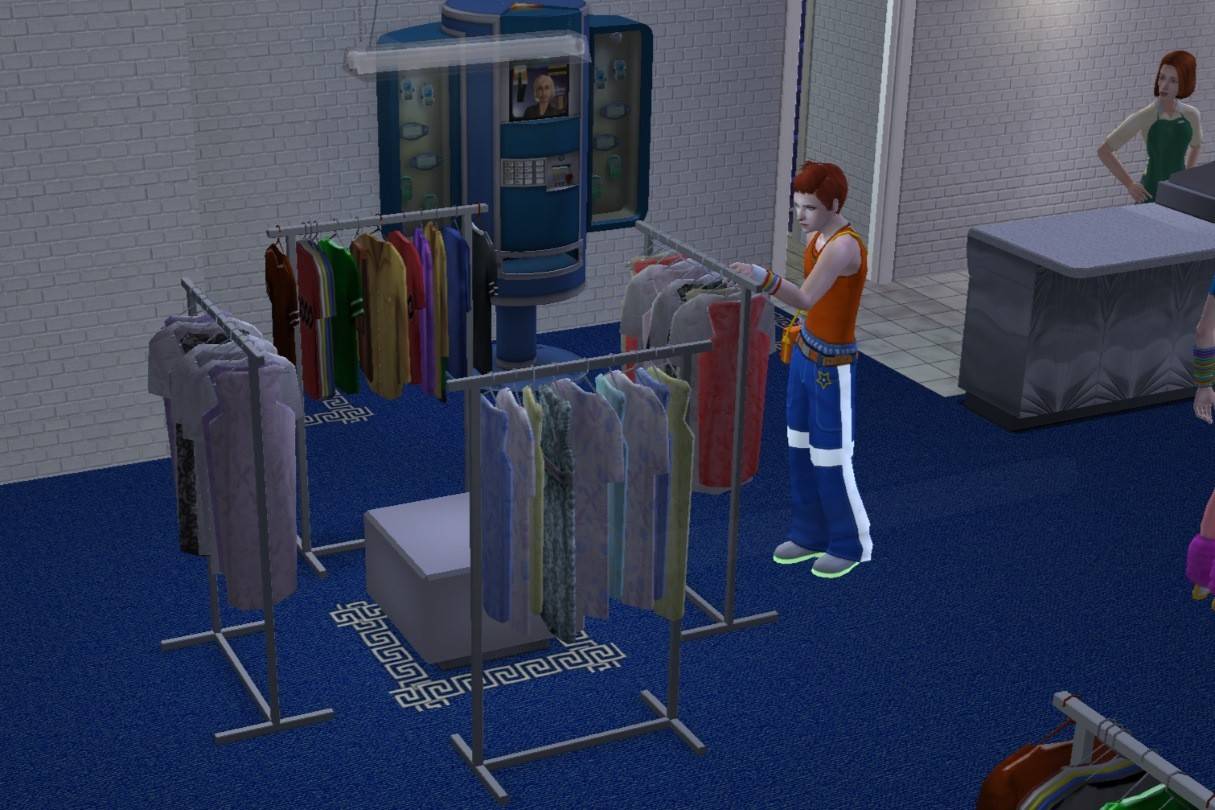 Image: ensigame.com
Image: ensigame.com
Sims needed to actively shop for food and clothing, adding a layer of realism missing in later installments.
Unique NPCs
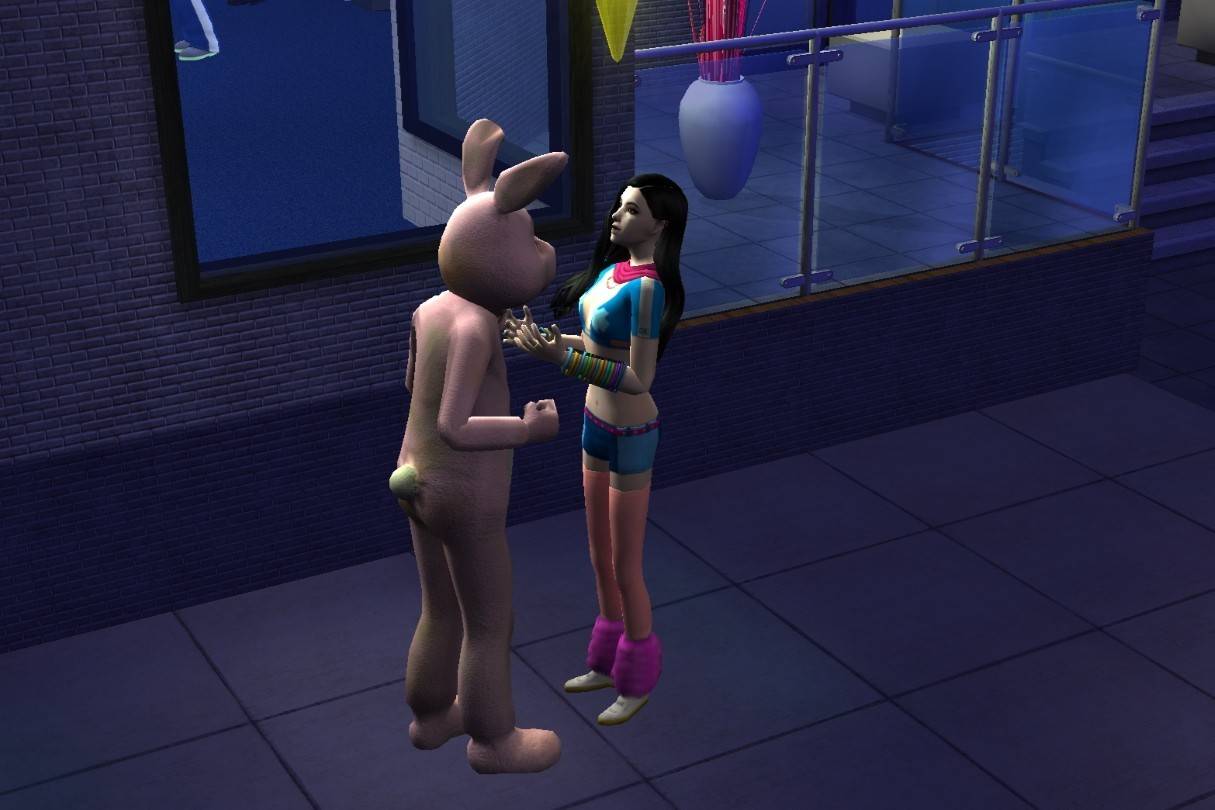 Image: ensigame.com
Image: ensigame.com
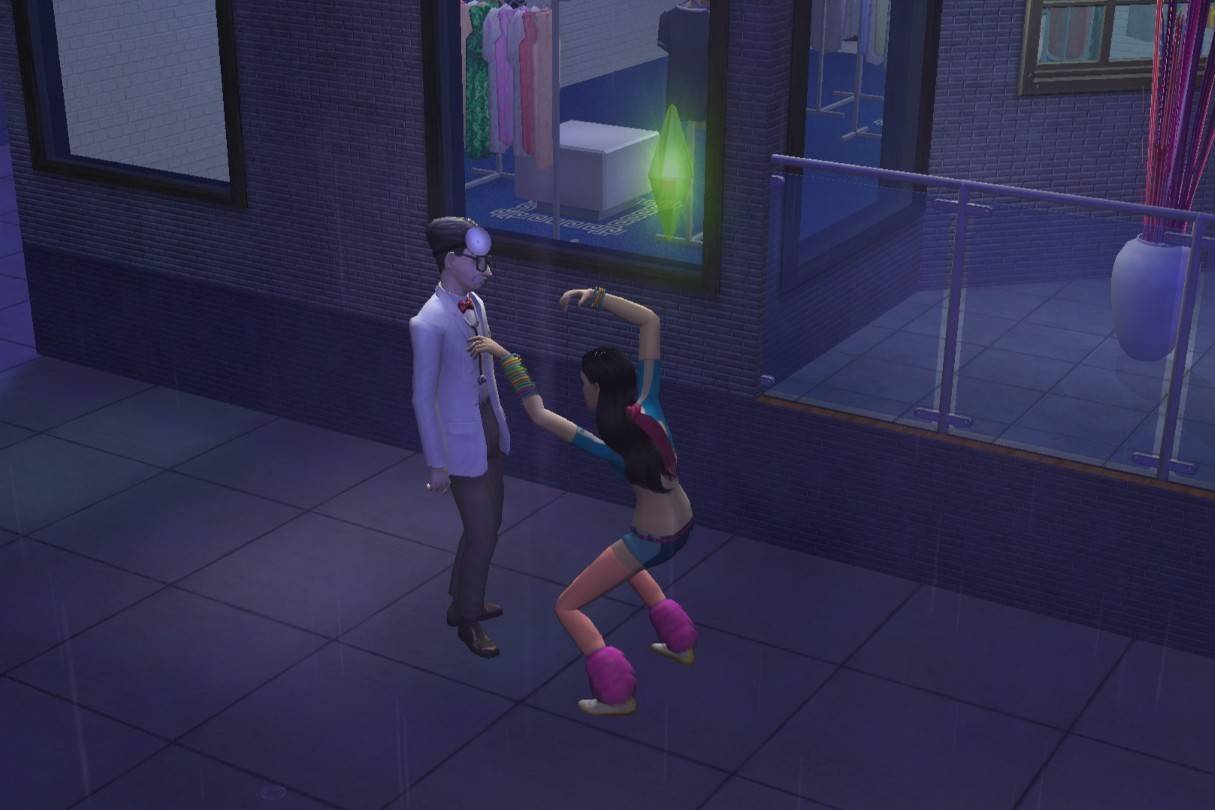 Image: ensigame.com
Image: ensigame.com
Memorable NPCs like the Social Bunny and the Therapist added quirky interactions and realism to the game.
Unlocking Hobbies
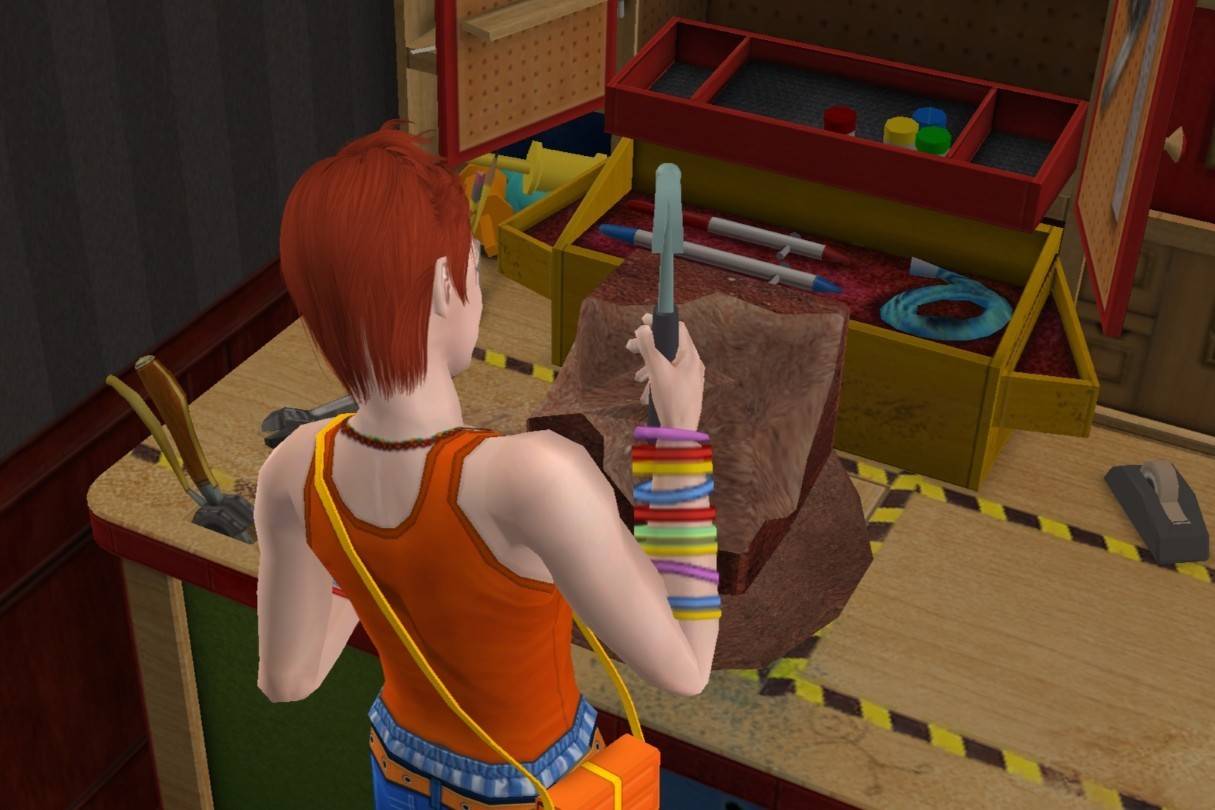 Image: ensigame.com
Image: ensigame.com
FreeTime introduced hobbies, fostering skill development, friendships, and access to unique career opportunities.
A Helping Hand
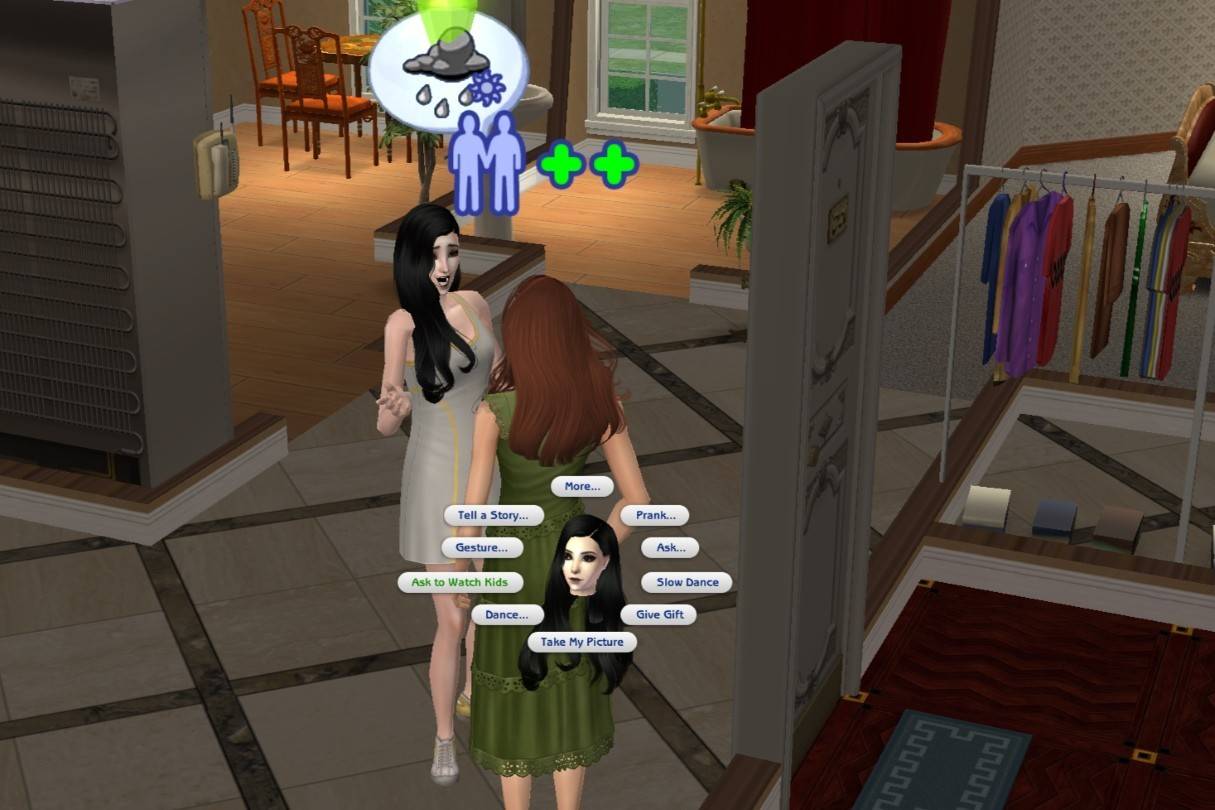 Image: ensigame.com
Image: ensigame.com
Close relationships allowed Sims to ask neighbors for childcare assistance, a personal alternative to hiring a nanny.
The original *Sims* games were groundbreaking in their depth and unique features. While a complete return of these elements may be unlikely, their enduring appeal serves as a testament to their impact on the franchise's legacy.




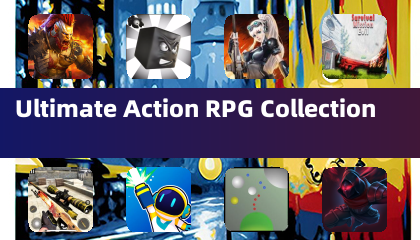
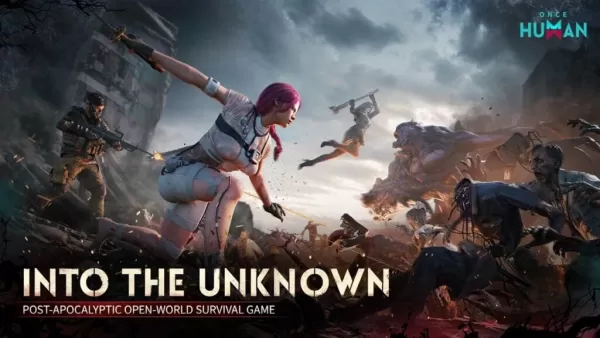
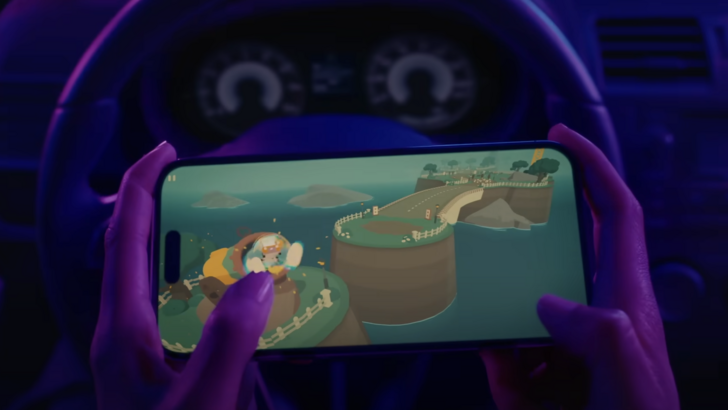

![Taffy Tales [v1.07.3a]](https://imgs.xfsxw.com/uploads/32/1719554710667e529623764.jpg)

